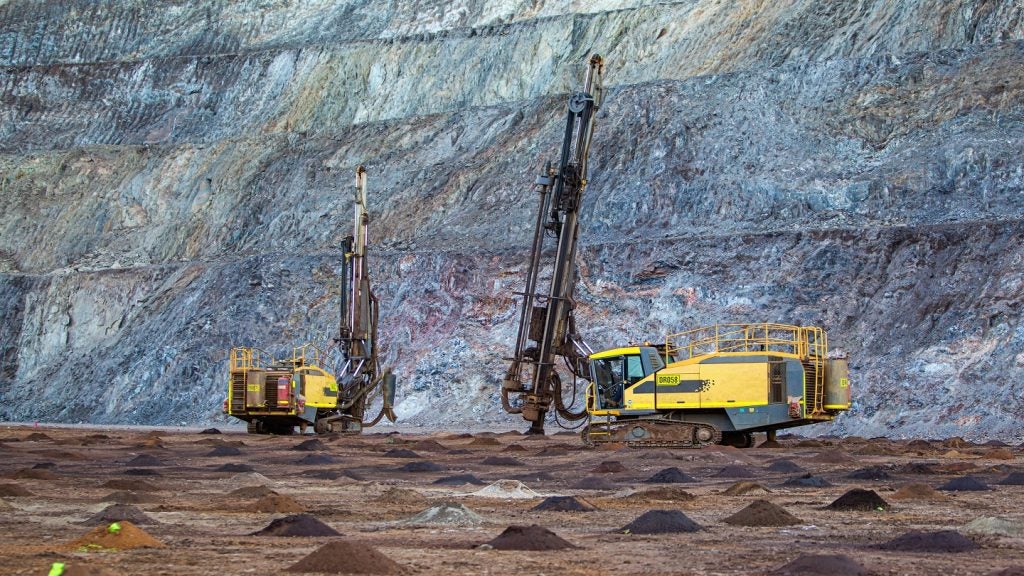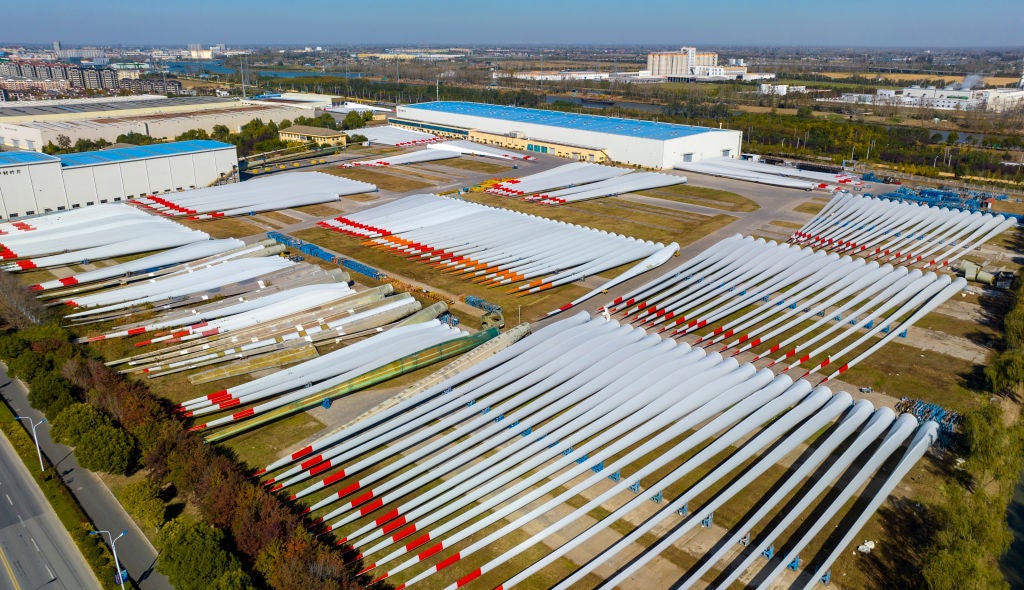US mining company Piedmont Lithium has made 27% of its workforce redundant as falling lithium prices have forced miners to cut production and save costs.
The company has a joint venture operation in Canada and a project in Ghana, and expects to complete most of its cost-saving measures by the end of the first quarter.
Keith Phillips, chief executive of Piedmont Lithium, said: “These cost reductions, while difficult, are necessary to position the company for the long-term.” The company aims to achieve around $10m in annual savings.
After reaching a peak in late 2022, lithium prices have fallen by more than 80% and the market outlook for the year is negative.
This is largely because new supply is outstripping slowing growth in demand. UBS said in January that it expects global lithium supply to increase by 40% in 2024 to more than 1.4 million tonnes of lithium carbonate equivalent.
In Australia and Latin America, production will rise by 22% and 29%, respectively, according to UBS. Production in Africa is expected to double, thanks to projects in Zimbabwe.
Shares in Piedmont Lithium closed 7.5% lower in Sydney at A$0.19, leaving the company with a market capitalisation of A$374 million ($243m).
Lithium is vital in the production of electric vehicle (EV) batteries, with one battery estimated to require 8kg of the precious metal. According to GlobalData, Mining Technology’s parent company, China was the biggest market for EVs in 2022, making it a large source of demand for lithium. As of 2022, it was the world’s largest importer of lithium.
However, at the beginning of 2023, the Chinese Government ended the subsidy for EV procurement, dampening demand for lithium carbonate. Subsequently, the price of the critical mineral fell by 77% in the country over the course of the year.














